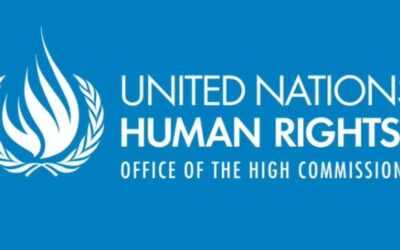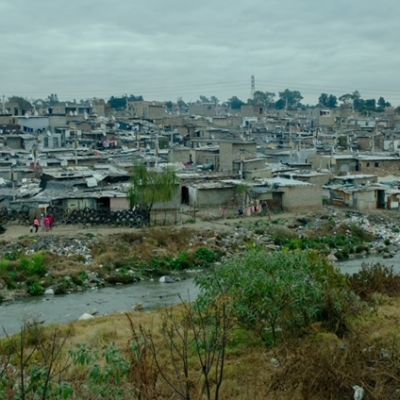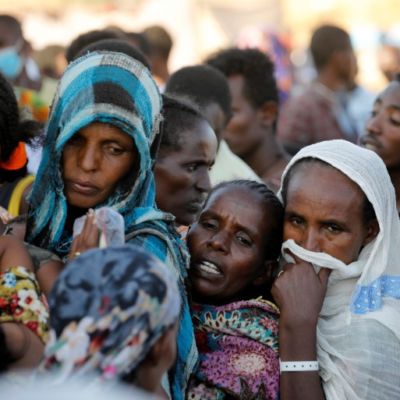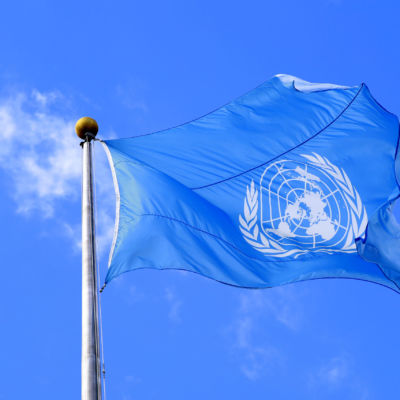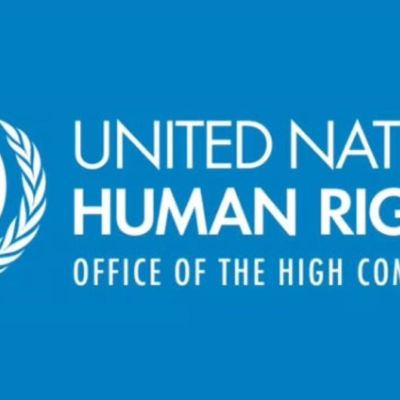‘Catastrophic human rights impact’: UNICEF reports rise in child marriages due to pandemic
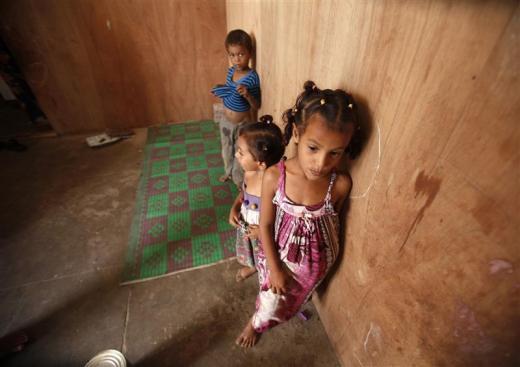
In a report released on Monday, International Woman’s Day, the United Nations Children’s Fund (UNICEF) predicts that an additional 10 million girls will be at risk of child marriage this decade.
Child marriage is defined as a marriage before the age of 18. Henrietta Fore, UNICEF’s executive director, said that “Covid-19 has made an already difficult situation for millions of girls even worse.”
Of particular concern to advocates for children’s rights is the clear link between marrying early and dying young. According to the World Health Organisation (WHO) pregnancy complications and childbirth are the leading cause of death in girls aged 15 to 19 in developing countries.
Experts say the pandemic has intensified the factors that drive child marriage, such as a lack of education, economic hardship, parental death and teen pregnancy, which has been amplified by disruptions in getting contraception.
Many child marriages are never registered. UNICEF estimates that 650 million girls and women alive today were married as children.
Human rights impact
Speaking to Al Jazeera Aoife Nolan, Professor at the University of Nottingham and child rights expert referred to the ‘catastrophic human rights impact’ of the practice of child marriage.
Nolan said: ‘Child marriage is a clear violation of a wide range of children’s rights. In their 2014 Joint General Comment on harmful practices, the Committee on the Rights of the Child and the Committee on the Elimination of Discrimination against Women made clear that, in all but very exceptional circumstances, ’a child marriage is considered to be a form of forced marriage, given that one and/or both parties have not expressed full, free and informed consent’.’
Nolan added: ‘The effects of child marriage in terms of a significantly increased risk of early and unplanned pregnancy, as well as domestic violence, raise huge concerns from the perspective of the girl child’s rights to life, survival and development and to the highest attainable standard of health. The strong link between child marriage and the end of education for girls undermines the right to education.’
Speaking to Al Jazeera Nankali Maksud senior adviser for the prevention of harmful practices at UNICEF discussed the impact school closures during the coronavirus pandemic had on the rise in child marriage. She said: ‘Schools are a highly protective space for all children, especially girls. Girls gain not only an education which has a long term economic impact, they are able to socialise and have friends which have an impact on mental health and have a meal.’ Maksud adds: ‘If girls are not in school families have extra mouths to feed at home and families with many children and no income may think of coping by push marriage.’
According to Maksud India, Ethiopia, Brazil, Bangladesh and Nigeria have the highest prevalence rates and carry the burden of child marriage globally. She added that it is problematic that in many countries the law prohibits marriage under the age of 16 and not 18.




